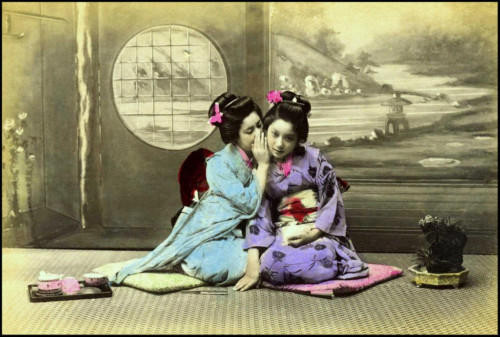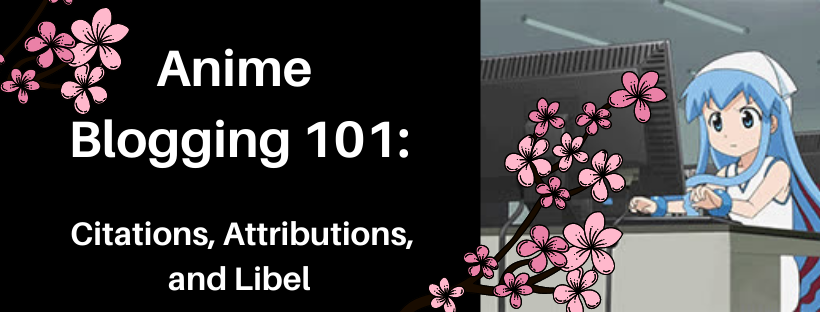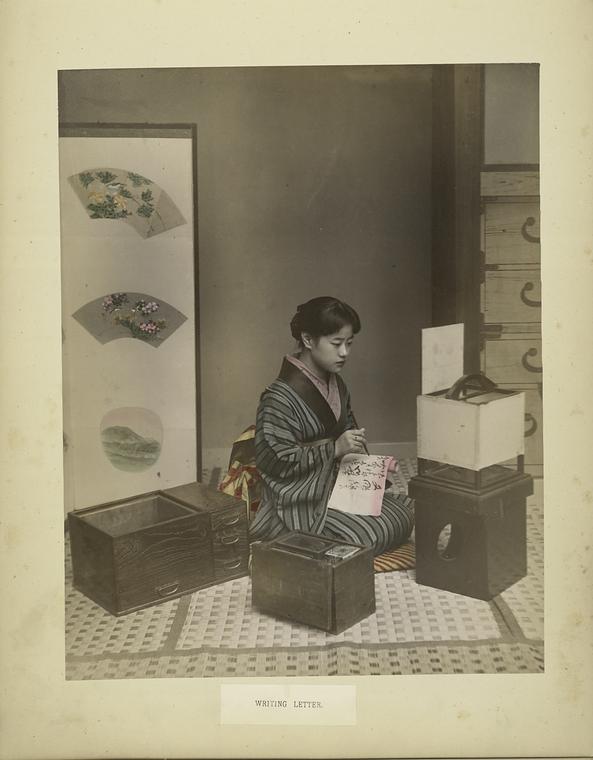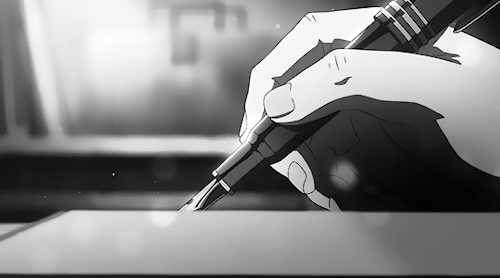 According to The Atlantic, three scholars wrote 20 fake papers using trendy language and tried to get them placed into high-end academic journals in fields that include gender studies, queer studies, and fat studies. Seven of the articles were accepted, and seven more were in various points of the review process.
According to The Atlantic, three scholars wrote 20 fake papers using trendy language and tried to get them placed into high-end academic journals in fields that include gender studies, queer studies, and fat studies. Seven of the articles were accepted, and seven more were in various points of the review process.
In academic journals, articles need approvals from various experts before being published. The experts are supposed to check the journals for the structure of their study and validity of their content. But academic journals are infamous for their bad writing. Academic journals seek to ascertain the right intellectual acumen through the use of latinizations and dense, field-specific jargon that lends such writing classe supérieure.
I often dig through such rubbish writing. I’m not saying I’m the best writer, but I strive for clarity. Apparently, even the experts can’t decipher academic writing. According to The Atlantic:
The paper that was published in Gender, Place and Culture seems downright silly. “Human Reaction to Rape Culture and Queer Performativity at Urban Dog Parks in Portland, Oregon” claims to be based on in situ observation of canine rape culture in a Portland dog park. “Do dogs suffer oppression based upon (perceived) gender?” the paper asks.
The goal of the study was to exposed the journals that use lax criteria for publishing. Most of the articles in the study, such as the one in the above quote, touch on hot-button issues in American society. In this case, gender identity oppression…only this time in dogs.

The rather depressing results of the study doesn’t extend to all scientific and research journals. Hard science journals, like those of physics and chemistry, have high bars. But the study suggests gender study journals and other social science journals need to look at their evaluation criteria instead of publishing trendy and keywordy articles.
So what does this mean for us as Japanophiles, otaku, and bloggers? Well, we have to be even more careful of our sources. We have to be particularly careful when researching political and identity issues. Even experts want to have their opinions validated.
We often mistake closely held opinions as part of our identities. Challenging them isn’t comfortable, and some of these fake articles are designed to validate certain views instead of challenge them. Like queer dogs being oppressed and how much it shocks their owners to watch it!

In all seriousness, I read the article as a warning for how I approach JP. For the most part, I use history journals, but I’ve delved into gender study journals. This study has made me question some of those sources. It’s hard to know when an article is wrong. It’s not like they will be blatantly fake like the articles in the study.
But that makes it harder. Subtle errors or biases can be passed off as facts in the obtuse language academics use. The language isn’t intentionally malicious. Most academics don’t consciously write with jargon. It’s how they actually think. As you learn more about a topic, you think with increasing levels of abstraction.
Think about the last online anime conversation you read. You’ll see jargon tossed about. It’s the language of the community. Every social group develops their own language–sports provide the best examples. American football tosses phrases like line of scrimmage. Baseball uses words like shortstop. Sumo uses oshidashi.
Likewise, academics have their own language that comes naturally. But it makes the articles difficult to understand. Journals can have their own ideological slants and agendas. At the library, I advise people to beware anything that firmly agrees with their own ideas. We are more likely to fall for a biased article when we agree with it than when we disagree. Disagreement naturally raises our skepticism.
The article serves to warn us to beware everything we read. It can be exhausting, but it goes a long way toward avoiding problems in our blog articles, school work, and in our anime discussions. Much of what I’ve seen in anime discussions and reviews assert an opinion or view as a fact, just as these academic journals sometimes do.
Opinions don’t have to be facts to have weight. Trying to pass opinion as fact backfires, as the study points out. The academic journals attempted to pass (fake) ideological opinion papers as facts in order to push a certain view. It’s little different from debates about best girls and best anime pushes we see online. Of course, academic journals and other publications can push ideas with wider implications.
The study means I need to be more careful when I research for JP. I have to pay special attention to gender studies journals and similar sources. I’m going to look for trendy jargon and topics as points of caution. Luckily, I shouldn’t see too much of it unless I dive into identity issues. From what I’ve seen most of the research on that is coming from the US and doesn’t really touch on Japan. Of course, that doesn’t mean Japan remains free of identity conflicts. Women have been pushing harder against cultural expectations of “good wife, good mother” and pushing toward equality within the culture. But that is another article.
Just be careful as you read articles and research for your school work and blogs. Misinformation–intentional or not–has become quite common.
References
Mounk, Yascha (2018) What the New Sokal Hoax Reveals About Academia. The Atlantic. https://www.theatlantic.com/ideas/archive/2018/10/new-sokal-hoax/572212/






What’s funny was that I was reading about how psychology studies focus so much on college students, which can’t always be generalized to the public. I do feel that a big problem is the presence of research cliques, re: for or against.
There are a lot of researchers who are trying to get famous with their studies, but there’s also the problem of journalists who interpret results in a way that sound too good to be true as well.
I had also wondered how valid college student research could be. It ignores generational difference among other variables.
Oh, yes. Journalists certainly like to hype what are often small-sample preliminary studies. I’ve been bamboozled by them too. Then, I read the study and see a sample of, say, 20-50 people.